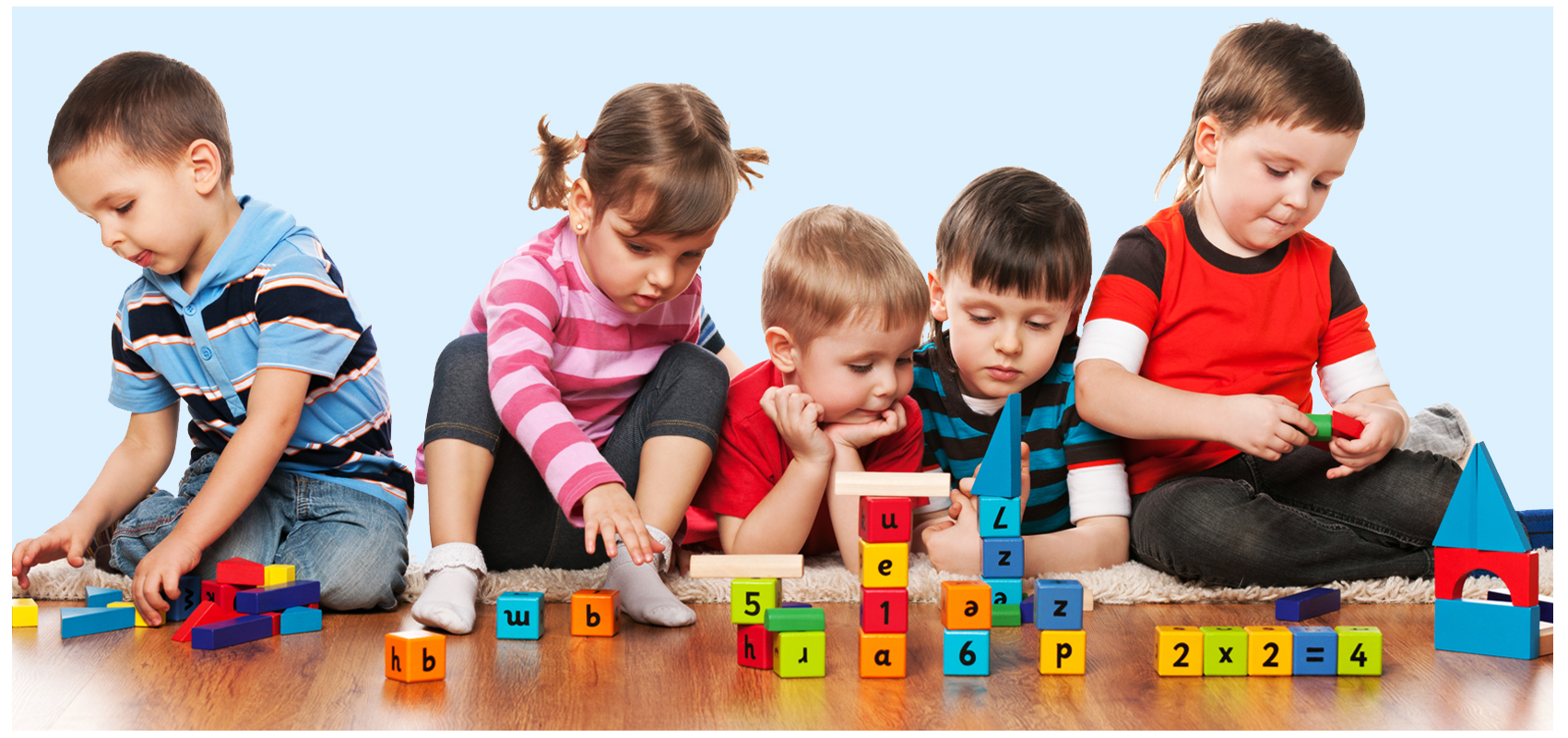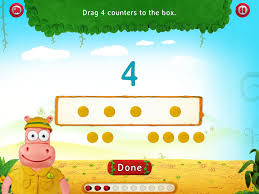
For decades we have been having discussions about whether PreK should be compulsory for all kids, as usual – the kids who need it most, don’t seem to be getting the services they need to be prepared for kindergarten. (Which BTW is not mandatory in all states). Recently I have had some beliefs of my own given credence by the research done by Annie Murphy Paul. This is one TED talk that you will not want to miss!
The concept that babies are learning before birth is not a new one, but with all the substantiated research done it is time we took this knowledge seriously. I definitely know that my first-born knew my voice immediately and was comforted by it, as well as many other things that he experienced in the womb.
So, if we are going to talk about the necessity of PreK for all, we also need to back up and consider how important learning is years prior to turning four years old.
 For starters, language acquisition quickly develops from birth (or womb) to age five, and then it plateaus. Whenever I hear about closing the achievement gap I wonder if the people in higher places are aware of this and understand the ramifications that occur when language is severely limited in those first 5 years. You cannot close that gap unless we start earlier, and I do mean much earlier. We also need to look at the whole child, not just academic skills. The four main components to be focused on prior to school encompass the following – social/emotional, physical, cognitive, and speech and language.
For starters, language acquisition quickly develops from birth (or womb) to age five, and then it plateaus. Whenever I hear about closing the achievement gap I wonder if the people in higher places are aware of this and understand the ramifications that occur when language is severely limited in those first 5 years. You cannot close that gap unless we start earlier, and I do mean much earlier. We also need to look at the whole child, not just academic skills. The four main components to be focused on prior to school encompass the following – social/emotional, physical, cognitive, and speech and language.
- Social/Emotional – The ability to develop relationships with others, to develop self-awareness and self-confidence, and to understand and cope with feelings.
- Physical – Development of Fine (small) and Gross (large) Motor Skills. The ability to move large and small muscles.
- Cognitive – Gaining knowledge, learning to reason, and solving problems in daily life.
- Speech and Language – Talking, listening, reading, writing, and singing are all creative ways to build speech and language.
“In states that make it a priority to educate our youngest children…studies show students grow up more likely to read and do math at grade level, graduate high school, hold a job, form more stable families of their own. We know this works. So let’s do what works and make sure none of our children start the race of life already behind.” – President Barack Obama (State of the Union, February 12, 2013)

- Brain Development: Ninety percent of a child’s brain development occurs before age 5.
- Improve K-12: Studies show that high quality early childhood programs are the best way to support improved academic outcomes in K-12.
- Return on Investment: Decades of research proves that for every $1 invested in early childhood programs, the state saves $7.
Key Finding in Brain Development:
- Interaction between genetics and early experience shape brain architecture.
- Early experiences contribute significantly to the structure of the brain and it’s capacities.
- Early interactions, how we relate and respond, directly affect the way the brain is wired.
- There are optimal times of brain development.
Yes, we can all make a difference in a child’s life at a very young age, we just need to start early. This quote from Common Sense Media about how the digital age is helping to battle bridging the learning environment says it all:
America’s Kids Start Learning Way Before Kindergarten by Jim Steyer (CEO, Common Sense Media and author, “Talking Back to Facebook”)
Much of my work during the past decade has involved helping parents better understand the problems of unfettered media and technology access to their kids. But this doesn’t mean that my colleagues and I oppose children using media and the latest digital content and tools. Rather, there are many positives that can come from the appropriate use of high-quality media and technology. Moreover, when used widely, and with appropriate supervision from parents and teachers, kids can learn a ton from those mobile videos, apps and programs that saturate their lives 24/7.
























